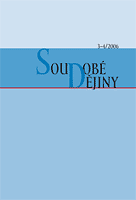

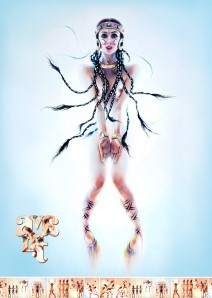
Keywords: Stravinsky; Le sacre du printemps; The Rite of Spring; Poetics; Politics; Music
The most famous sentence in Igor Stravinsky’s autobiography reads: “Music is by its very nature powerless to express anything at all.”241 When it appeared, this sentence surprised his audience. After all, Stravinsky had composed some of the most expressive music of the twentieth century, from the lyrical Petrouchka to the dramatic Le sacre du printemps (The Rite of Spring) to the elegaic Symphony of Psalms.242 But ever the polemicist, Stravinsky was in actuality blasting those whom he regarded as his aesthetic opponents, such as the followers of Richard Wagner; such “impurists” were always marshaling music in the service of extramusical ends, from national solidarity to religious freedom. Seeking to repair a perceived imbalance, Stravinsky portrayed the musician as a craftsman whose materials of pitch and rhythm in themselves harbor no more expression than the carpenter’s beams or the jeweler’s stone.
More...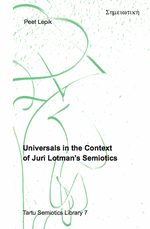
The monograph you are holding would definitely never have been written if I had not happened upon some notes made of the lectures given by Juri Lotman in the late autumn of 1967 (these notes have now been published, in a complete form and for the first time, in the Appendix to this book). Although the notes are declarative, and even occasionally incomplete (as notes always are), the ideas from these guided my curiosity throughout many decades, and helped to eventually find the answer to the question that arose for me as a university student during the study of magic tales: why do children not tire of listening to the same magic tale, over and over again? How can this particular interest by children towards fairytales as a genre be explained? No satisfactory answer to this question was forthcoming from the study of folklore at the end of the 1960s.
More...Keywords: О10; O31; O32
The preconditions and features of the formation of post-industrial society are defined in the article. The distinctive role of active innovation infrastructure of the country in integrating into the European community and society based on knowledge are proved. The characteristic features of the economy of post-industrial society are the increasing role of intangible resources in ensuring social reproduction, “softization” and “servization” the subjects of innovation infrastructure. The essence of economic category “innovation infrastructure“ is defined in the article. It is a dynamic self-regulating system of markets and subjects that entering these markets in certain economic relations and it provides the necessary conditions for implementation of the innovation processes. Mechanism of functioning of the constituent elements of innovation infrastructure in market economy is proposed, relationships between them are defined.
More...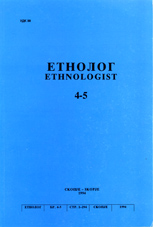
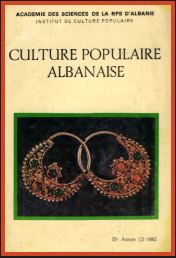
Keywords: ZIHNI SAKO ; FOLKLORISTE;
He still had new work projects when on February 15, 1981, at the age of 69, Professor Zihni Sako, the eminent folklorist, separated from us after a strike. For nearly half a century, Sako worked tirelessly, pouring all his intelligence into various fields of education, literature, Albanian folklore, thus showing affection for the people, the homeland and the Party. . Five years ago, when we were celebrating his 65th birthday, in his words of thanks to the participants, Professor Sako said that only at the founding of the Party on November 8, 1941, and through the Antifascist Liberation War national nationalism, before the progressive intelligence, cleared the paths for a true creative work, suitable for the benefit of the working people. Being a faithful son of the Party, also Professor Sako connected all his creative activity with the great work of the Party and of socialism in Albania.
More...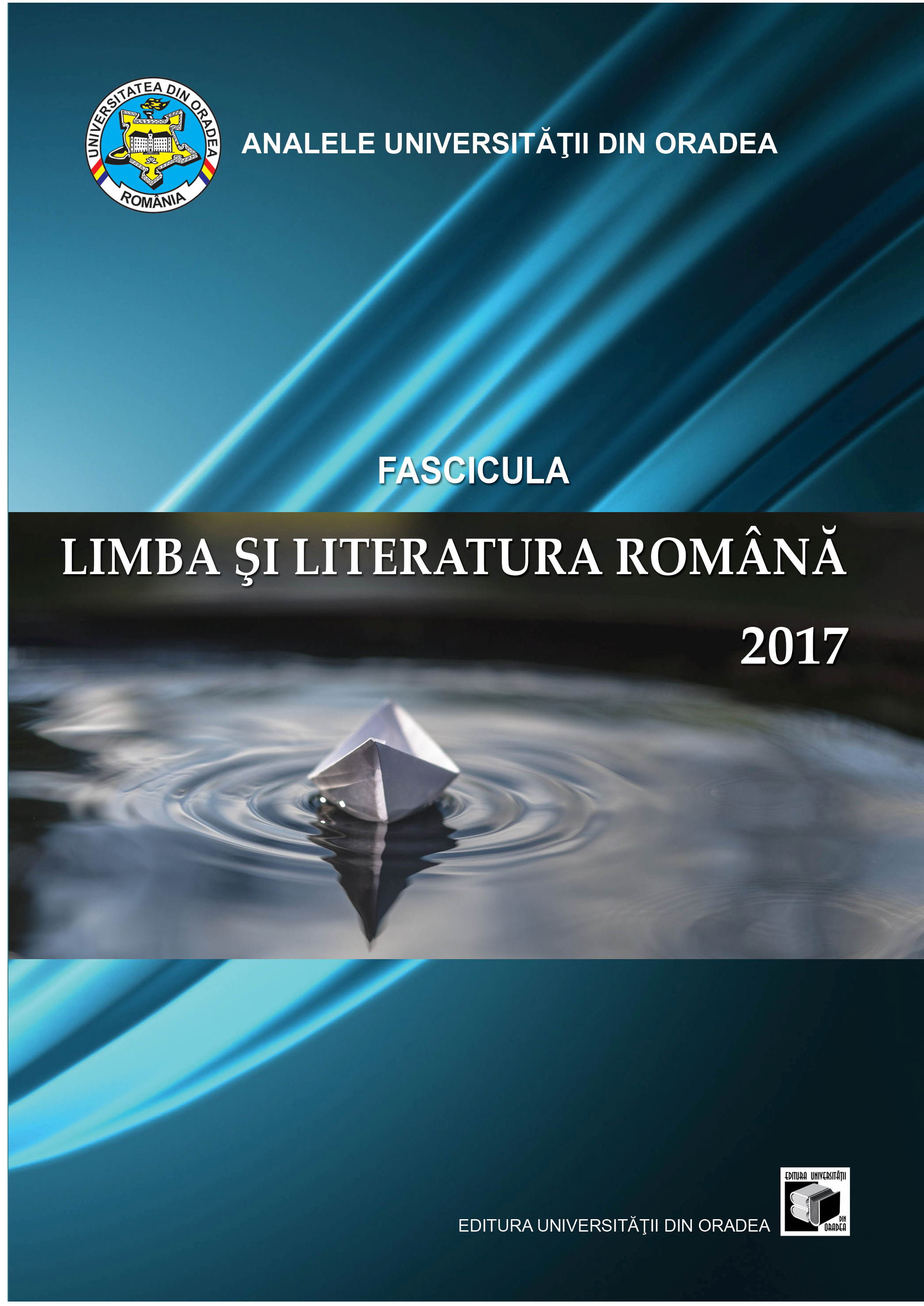
Keywords: criticism;cultural export;Romanian Literature as East-European literature;World literature;postcolonialism;
Terian’s book, Critica de export. Teorii, contexte, ideologii (Criticism for Export. Theories, context and ideologies), answers a fundamental question that has not been included in a system for nearly 30 years after the fall of communism. The question is: what can Romanian literary criticism and Romanian literary history offer to a foreign specialist? What can Romanian culture offer to be valid as exportation, what models and openings can be proffered as to bring relevance internationally? The volume contains a series of incentive studies about how Romanian culture can escape the complex of periphery.
More...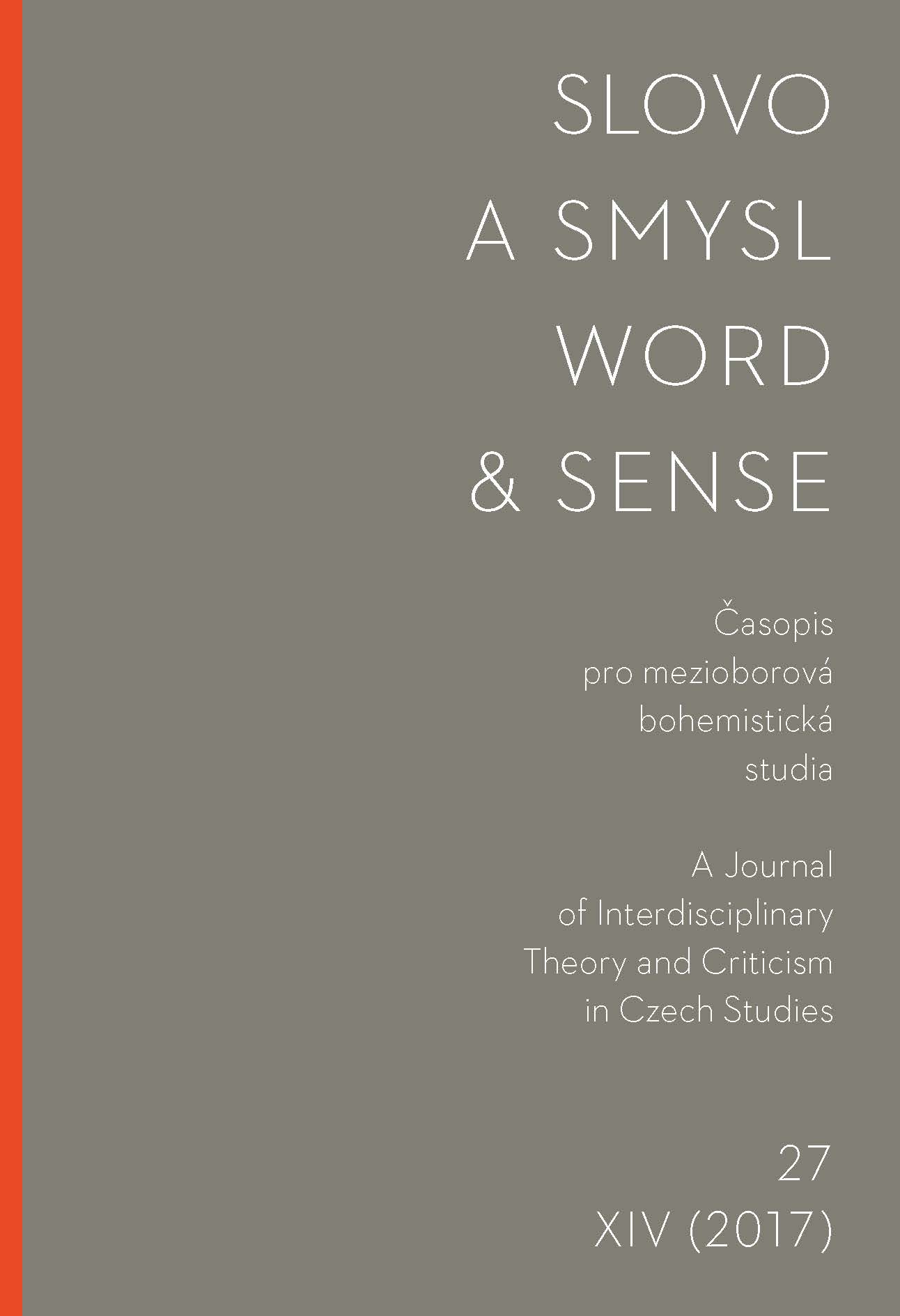
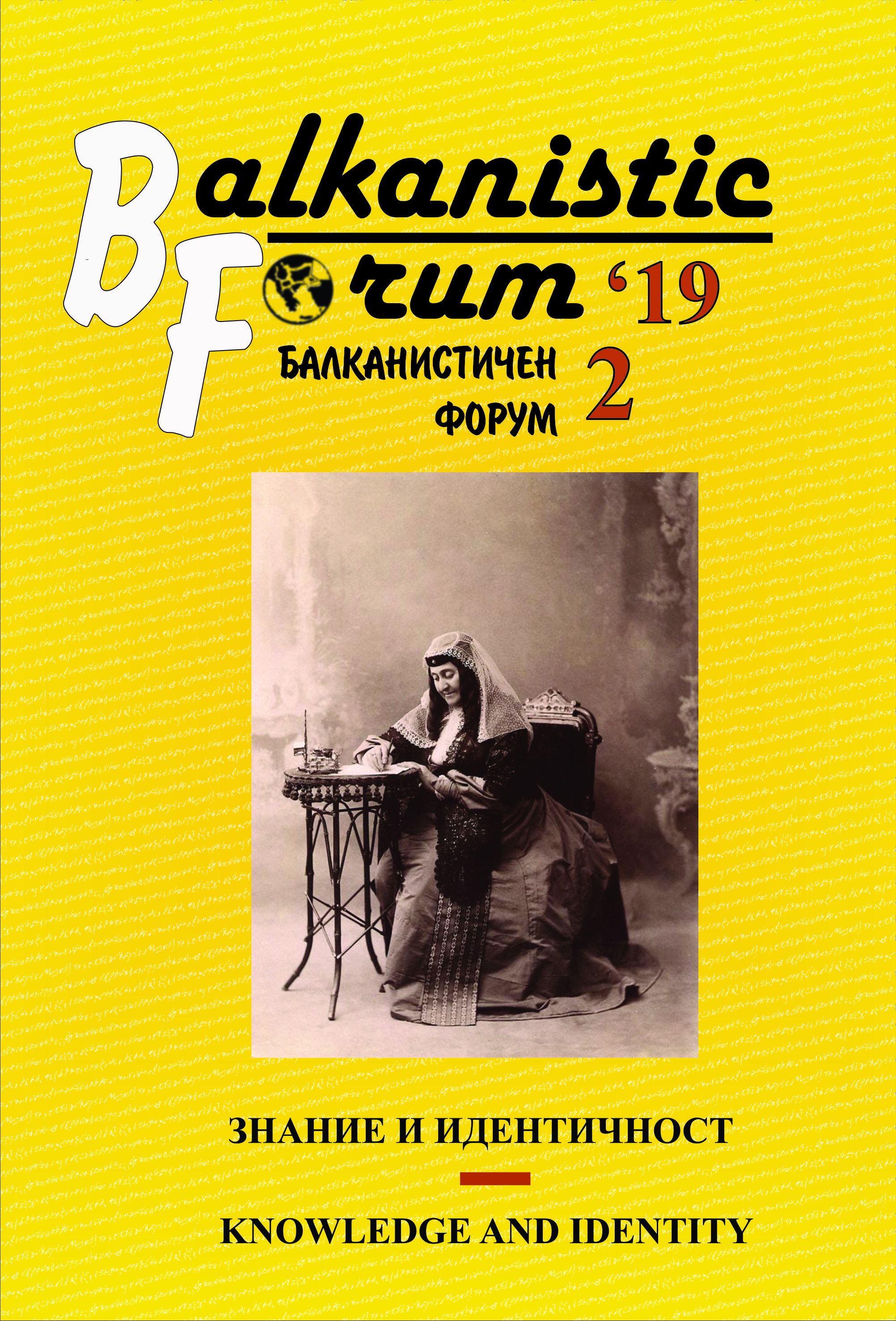
Keywords: experiment; knowledge; prehistory; Archaeology; information; knowledge exchange
The emergence of knowledge is believed firstly started with the transition to agricultural civilization. People's moving from hunter-gathering into sedentary occupation has changed their way of life and, accordingly, the origins of scientific knowledge have grad-ually emerged. Human values and pleasures have changed from culture to culture, from time to time and from person to person and mankind has developed technology to meet the needs that it perceives as its own, not the basic necessities that nature has enacted. There-fore, there is widespread agreement that the Prehistoric knowledge is based entirely on experiment. With the development of society, natural phenomena have begun to be exam-ined in more detailed and thus a solid knowledge accumulation has emerged. The undeni-able fact is that today, all levels of cultural development in the world have been made possible by the achievements of experimental knowledge. In this research paper, the im-portance of today's archaeological knowledge was studied as the source of scientific knowledge that had been possessed by ancient societies through the practical skills.
More...Keywords: Stakeholders;
The study investigated the Namibian School Counselling Programmefrom the perspectives of selected stakeholders in terms of objectives of theNamibian School Counselling Programme, the services they considered to becharacteristics of the programme, the resources available in the schools forthe implementation of the programme, the beneficiaries and effectiveness ofthe school counselling programme and the programme services recipients’satisfaction. The study employed mixed methods approach hence bothqualitative and quantitative data were collected. The population of the studyconsisted of two hundred and eighty eight (288) learners, one hundred andforty two (142) principals, sixty eight (68) teacher-counsellors and five (5)parents from schools in Ohangwena region. Questionnaire and interviews(in-depth individual one-on-one semi-structured interview and focus groupsdiscussions) were used to gather data. Quantitative data were analyzed byusing Statistical Package for Social Sciences (SPSS), while qualitative datawere analyzed by the use of themes and coding. The study found out thatteacher-counsellors had no counselling rooms to conduct individualcounselling, no separate budget for school counselling programme and thatfile cabinet and display boards were only available in very few school,inadequate school-counsellor and lack of information on school counsellingactivities.Therefore, it is recommended that the government allocate separate orspecial budget to school counselling programme; post, teacher-counsellors tothose schools where vacant posts are not yet filled and awareness raisingactivities on school counselling programme services be held regularly.
More...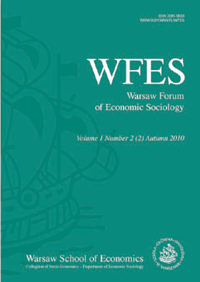
Keywords: industrial relations; labour markets; types of capitalism; Central and Eastern Europe; Western Europe; institutions; institutional architecture; coefficients of similarity; institutional patchwork
The paper presents a comparative analysis of industrial relations and labour market systems in eleven European Union new member states from Central and Eastern Europe (CEE11), against the backdrop of selected ‘old’ EU members representing four models of Western European capitalism. The analysis, based on the application of the similarity coefficients method, showed that in 2005 the institutional architecture of the area examined in most of the CEE11 countries exhibited the highest relative resemblance to the Continental model of capitalism. The next nine years (2005–2014) saw the strongest relative convergence trend toward the Anglo-Saxon model. However, in both 2005 and 2014, industrial relations and labour markets in CEE11 countries revealed a polycentric pattern of a simultaneous similarity to more than one model of Western European capitalism. Moreover, the empirical results of the study point to the institutional ambiguity and incoherence of the industrial relations and labour market area in these countries. Based on their key findings, the authors argue that the emerging institutional architecture in this area in CEE11 countries may be seen as a new research category, distinct from the patterns prevailing in Western Europe, which they dub a ‘patchwork capitalism’.
More...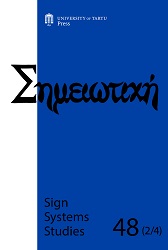
Keywords: Nils Lindahl Elliot; wildlife; tropical forests; geosemeiotic approach; semiotic analysis of nature; book review;
Review of Observing Wildlife in Tropical Forests. 1: A Geosemeiotic Approach by Nils Lindahl Elliot. Bristol: Delome Publications, 2019, 480 pp.
More...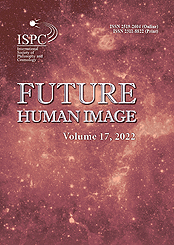
Keywords: Future Human Image; genocide; military aggression of Russia; International Society of Philosophy and Cosmology; Ukrainian people
This issue of the Future Human Image journal has become exceptional. It has been published after more than 80 days since Russia launched the war against Ukraine. However, the authors prepared and submitted most of the articles to the editorial board
More...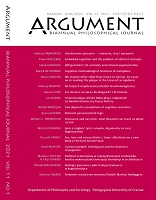
Keywords: sex; love; somaesthetics; art;
Review of: Schusterman, R. (2021). Ars erotica: Sex and somaesthetics in the classical arts of love. London: Cambridge University Press.
More...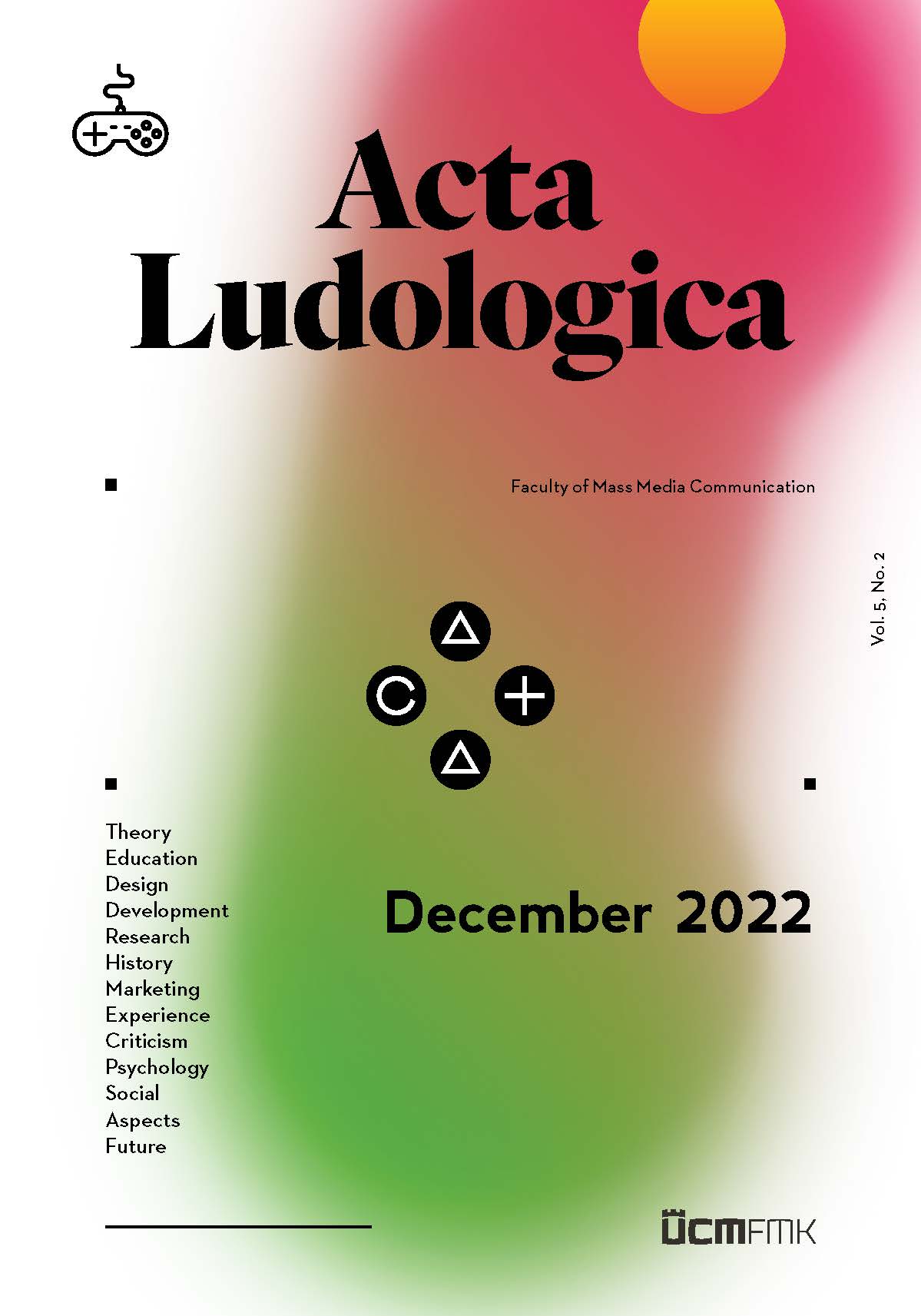
If someone had told me 15 years ago that the innocent hobby of dressing up as popular heroes from movies would turn into a global phenomenon, I probably would not have believed them. At the beginning of the millennium in Slovakia, only a select few knew the concept of cosplay.
More...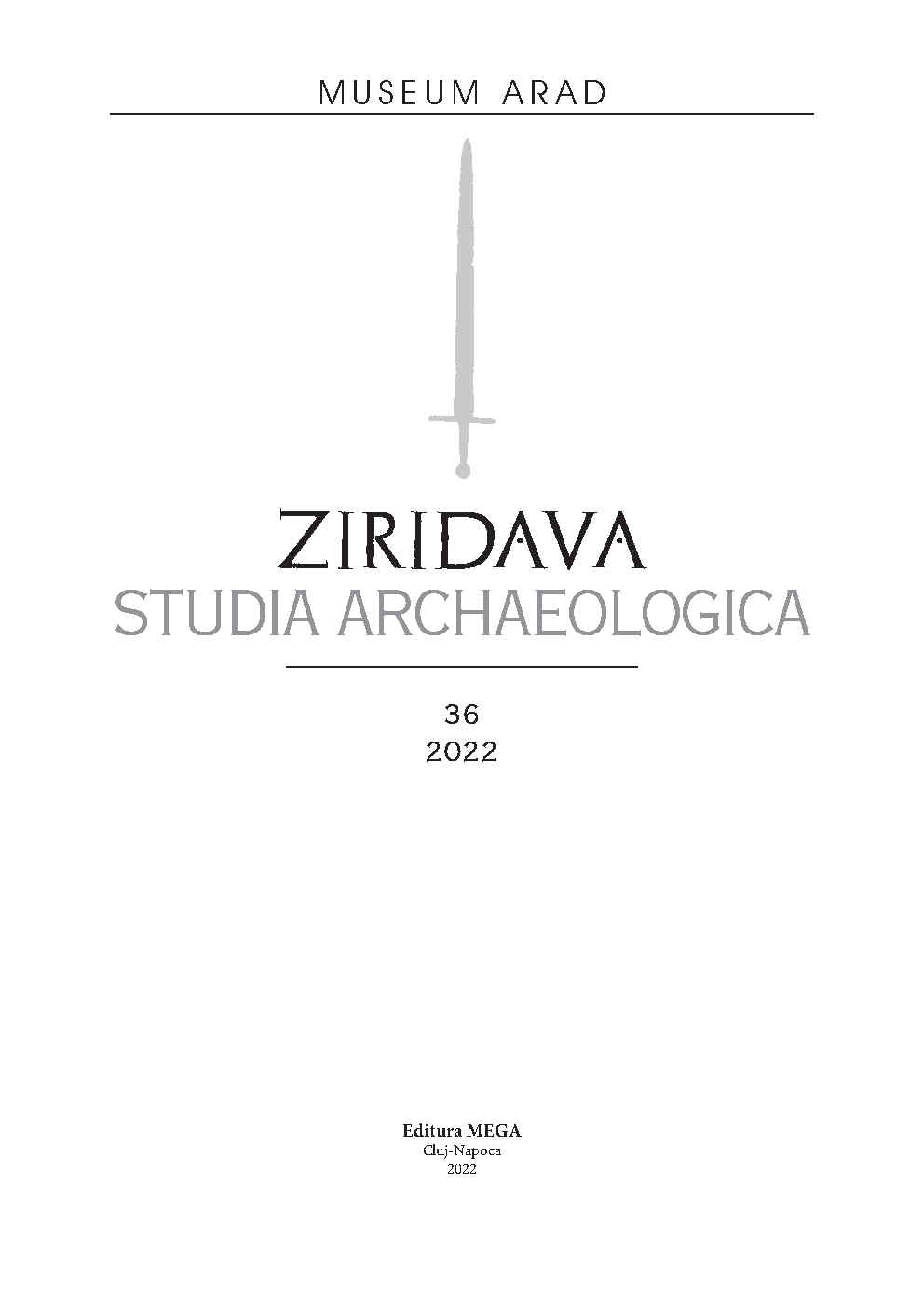
Keywords: Lower Mureș Basin; Middle Bronze Age; Late Bronze Age; tell settlements; mega sites/forts;
In the context of our recent interest in the Late Bronze mega-site/fort at Sântana-Cetatea-Veche, we take this opportunity to review the settlements, cemeteries, key artifact types and economic activities characteristic of the Middle Bronze Age (ca. 2000/1900–1550 BC) and the beginning of the Late Bronze Age (ca. 1550–1450 BC)periods in the immediate vicinity of this site. Our objective is to present the current state of archaeological research. For this purpose, a database has been compiled that highlights, from a quantitative and qualitative perspective, the knowledge of a period of more than 500 years in the prehistory of the Lower Mureș Basin.
More...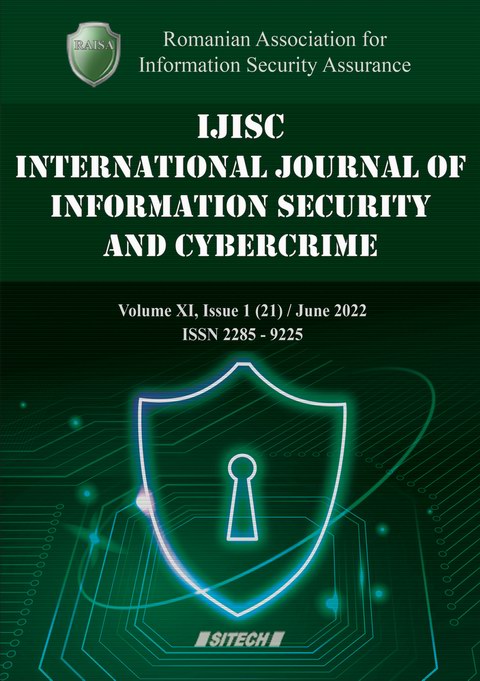
Keywords: conference; CyberCon Romania 2022 Conference;
Ladies and gentlemen, first of all, I would like to extend to you, as President of the Romanian Association for Information Security Assurance, a warm welcome to the CyberCon Romania 2022 Conference. I would like to express our special thanks for the support given in organizing CyberCon Romania to the Embassy of the United States of America in Romania, to the main national bodies involved in the field of cybersecurity, such as the Romanian National Cyber-Security Directorate, the Romanian National Cyberint Center, the Romanian Police, as well as all the other organizations involved in this sensitive and important area, whose names are mentioned on the CyberCon website.
More...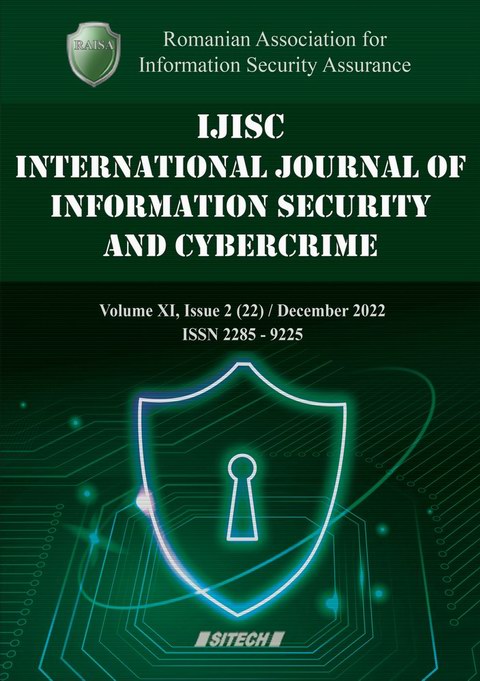
Keywords: cybersecurity; award; OSPA; RAISA;
After winning the Outstanding Security Performance Award (OSPA) for the best Romanian cybersecurity initiative in 2020 and being a finalist in the Cyber Outstanding Security Performance Awards (Cyber OSPAs) in 2021, the Romanian Association for Information Security Assurance (RAISA) won the Cyber Outstanding Security Performance Awards (Cyber OSPAs) in 2022, at the Outstanding Cyber Security Partnership category.
More...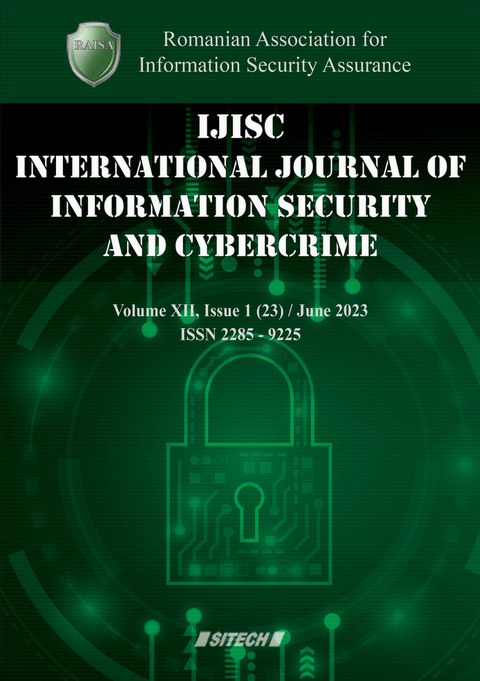
Keywords: Cybercon; cybersecurity; conference;
The conference CyberCon Romania 2023 aims to raise the level of awareness, embodies the cybersecurity culture, and share best practices in fighting cybercrime. We hope that the CyberCon Romania 2023 Conference will be a both stimulating and enjoyable forum in which to share current results and trends in cybersecurity.
More...